“I recently had some routine blood tests which showed my cholesterol levels are on the high side, which really surprised me. I want to try to lower my cholesterol naturally by changing my diet but am not sure what I should and shouldn’t be eating. Can you help? I am 50 years old.”
Clinical nutritionist Suzie Sawyer answers:
Reduce trans-fats
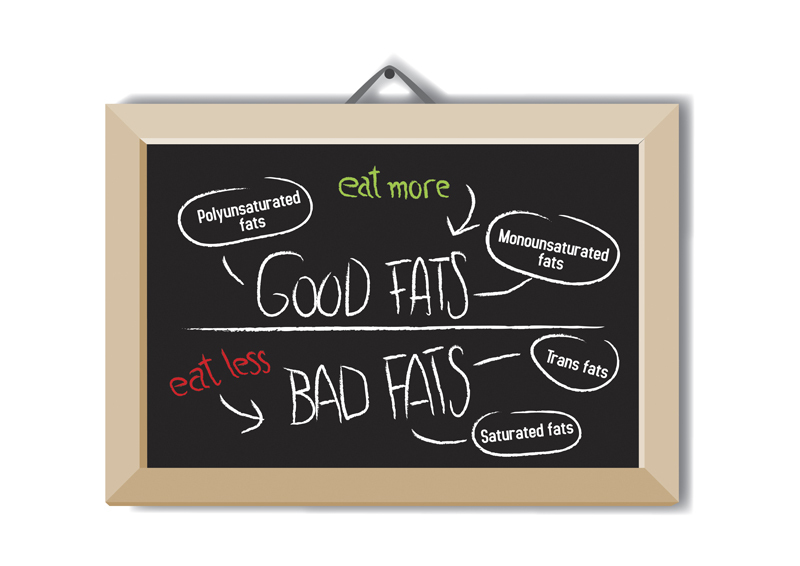
First, it’s important to note that while eating too much red meat, cheese and butter can increase cholesterol levels, the main culprit is trans-fat (also called hydrogenated fat) which the body can’t process. These fats are abundant in processed foods, especially shop-bought cakes, pastries and biscuits and also many pre-prepared ready-meals.
The problem is that trans-fats have been chemically altered by heating methods, so are effectively damaged fats. Importantly, a highly refined diet containing lots of these foods blocks the metabolism of the healthy essential fats (especially the omega-3s), which are needed for controlling blood fat levels, as well as managing blood pressure.
Eat more fruits and vegetables
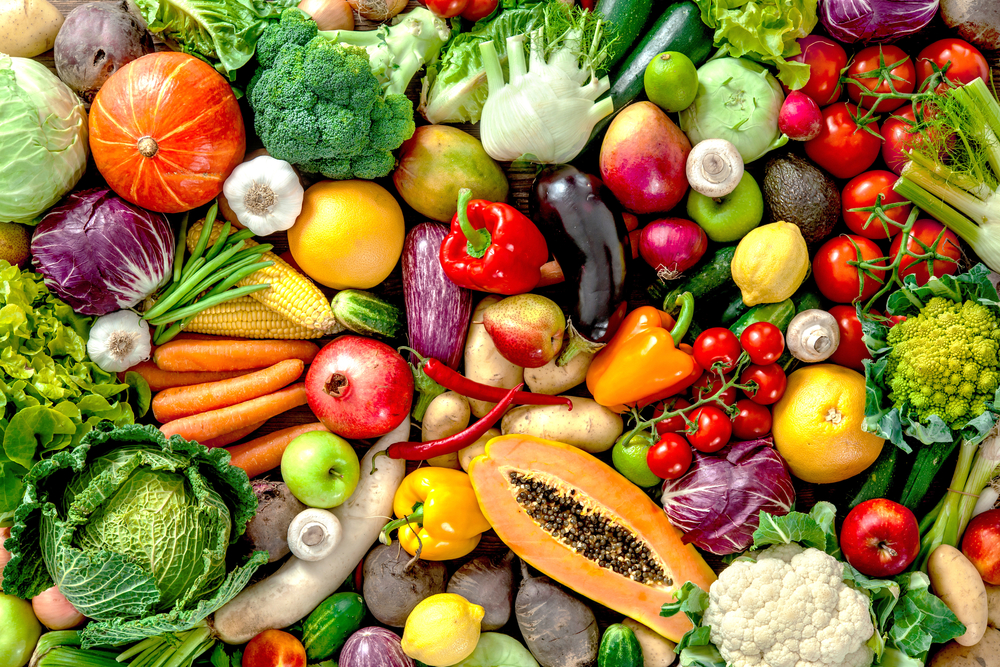
Another potential issue with cholesterol is that it can cause plaques or damage to the artery walls which then become oxidised. This is where the risk of artery damage and cardiovascular events becomes more problematic. Aim to eat at least five portions of colourful fruits and vegetables daily (green leafy vegetables are especially good) but ideally nearer to 10 portions.
Don’t forget raw vegetables
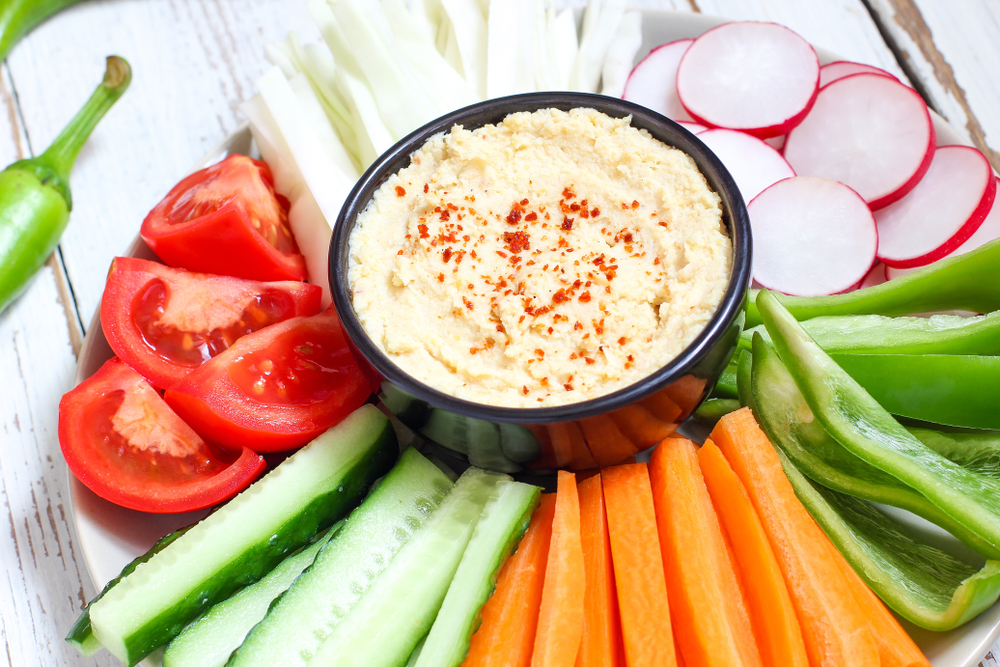
To make life easier, remember that raw vegetables such as carrots, cucumber, celery, baby tomatoes and chopped broccoli make great crudité snacks with a hummus dip – all excellent for heart health. Importantly, all vegetables and fruit are loaded with vitamin C, which has been found to reduce cholesterol levels and protect artery walls from damage.
Reduce sugar intake
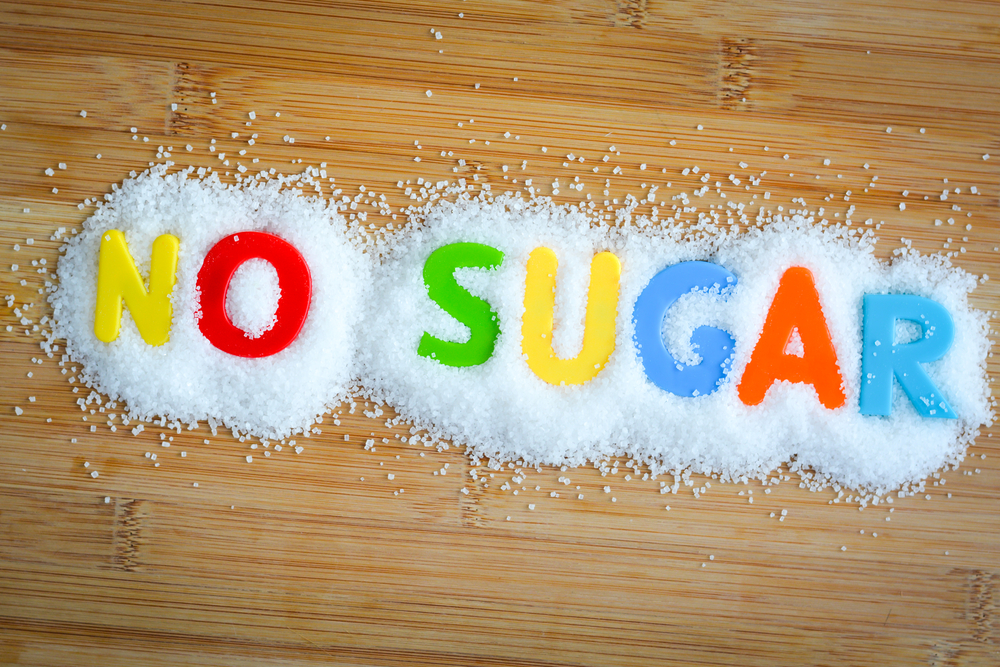
The biggest issue in the typical western diet is sugar, in all its forms. A diet high in sugar will raise LDL levels, which means cholesterol cannot be effectively excreted from the body. Swap sugary foods for whole grain oats (they contain beta-glucans known to reduce cholesterol levels), whole wheat bread and pasta, beans and legumes. They are all high in fibre, which is essential for keeping the bowels moving smoothly, and eliminating cholesterol.
Add soya to your diet
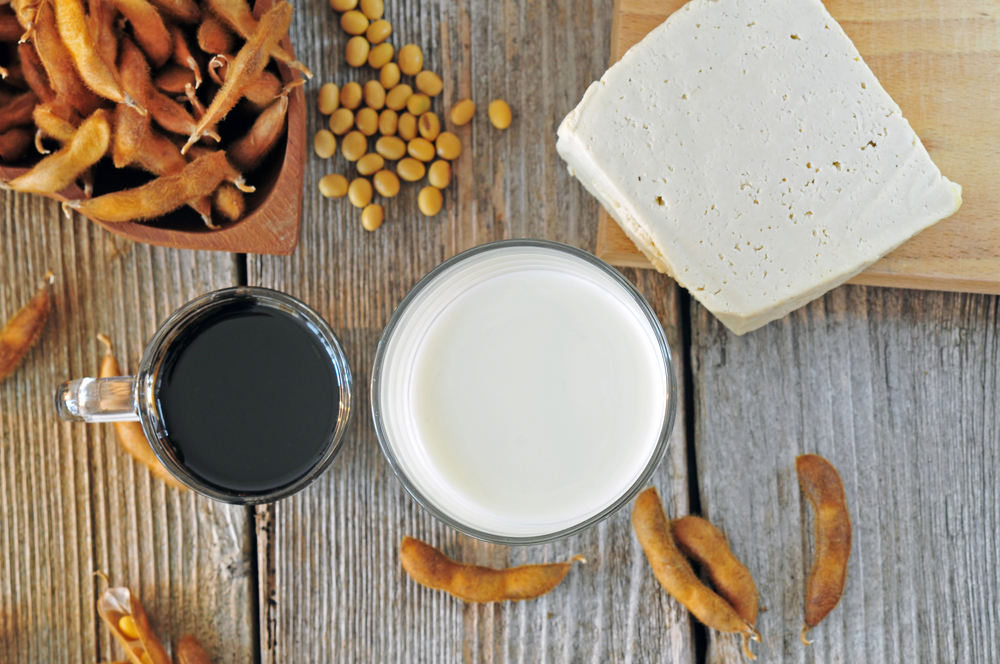
Lastly, soya produce has been found to help raise healthy HDL levels in the blood so try to include fermented soya produce such as tofu, tempeh, miso and natto, as well as natural soya yoghurts and unsweetened soya milk, in your diet.
The good news is that a few lifestyle tweaks can help to lower high cholesterol levels quite quickly.

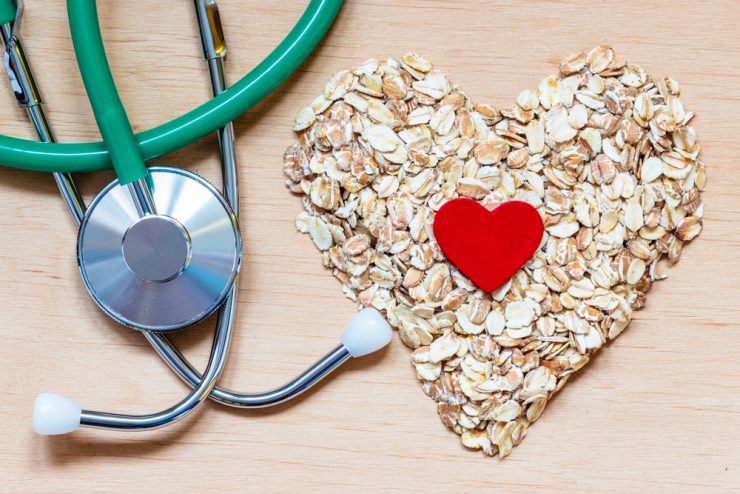






















Add comment